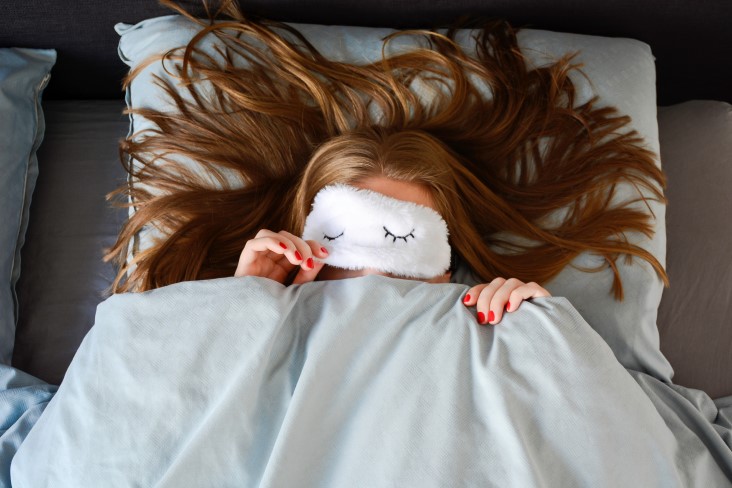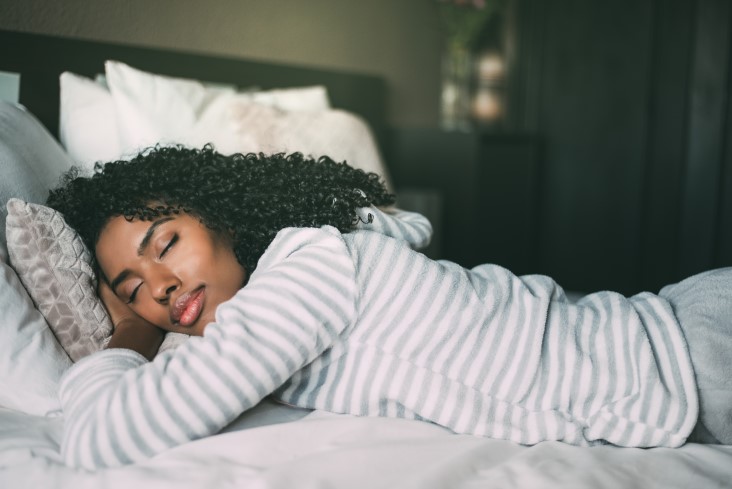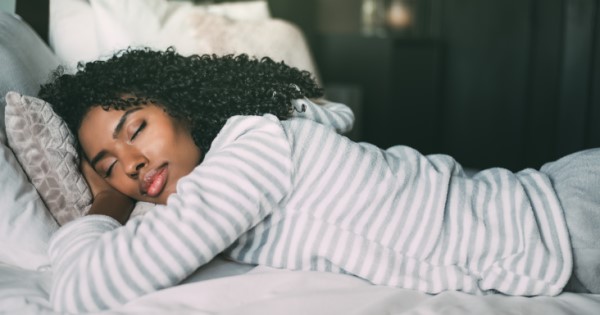
Most people understand that protecting their hair from sun exposure and harsh environments is important, but while you may be protecting your hair during the day, what about while you sleep? As a matter of fact, your hair can go under a significant amount of stress while you sleep, and it’s important to keep protecting it at all times.
Wet Hair
One way that you might be damaging your hair while sleeping is going to bed while the hair is wet. Wet hair often stretches more than dry hair, and it’s much more delicate. Pulling and tugging wet hair, which may happen if you toss and turn while sleeping, can cause the hair to weaken and break, and it can also cause tangles that can cause even more breakage when you wake up. Instead, shower a few hours before sleeping or blow dry with no heat to speed up the drying process.
Hair Ties
Never wear a hair tie while sleeping. If you do, it can cause lots of pulling and stress on the hair, causing it to weaken. Instead, you may want to wrap the hair, then cover it with a satin or silk scarf. Alternately, you might want to invest in a hair bonnet or sleep cap that can keep your hair up while you’re sleeping if you’re worried about pulling on it.
Pillowcases
One of the biggest causes of breaking and tangling while sleeping is the fact that you’re likely sleeping on a cotton pillowcase. Consider swapping the case out for a silk or satin pillowcase instead, which will reduce friction and result in fewer tangles. Silk and satin are very common choices for haircare while you sleep.
Essential Oils
Before you go to sleep, you may want to apply a bit of essential oil to your hair. These oils will be absorbed while sleeping and you can shampoo them back out in the morning. This can restore your shine and make your hair healthier. Many people use oils like lavender oil, peppermint oil, and rosemary oil. Remember to mix the oil with a neutral carrier oil, such as olive or coconut oil, before you apply it to your scalp, and always do an allergy test with the carrier oil mixture before applying it to your scalp.
Brushing Hair
If you’ve ever heard someone tell you that you should brush your hair 100 times before bed, that tale may have had at least a bit of truth to it. Taking the extra time to brush your hair free of tangles before you get into bed can help it develop fewer tangles overnight, avoiding a rat’s nest when you wake up. Additionally, brushing the hair over and over again can distribute the natural oils from your scalp to the ends of the hair, resulting in healthier hair overall and avoiding buildup at the scalp.
Conclusion

Sleep is itself good for hair growth, but you need to make sure that you’re doing the best you can with your hair while you sleep. With these tips, you’ll be able to help your hair avoid damage during the night and potentially boost your hair’s growth ability.








Comments are closed.